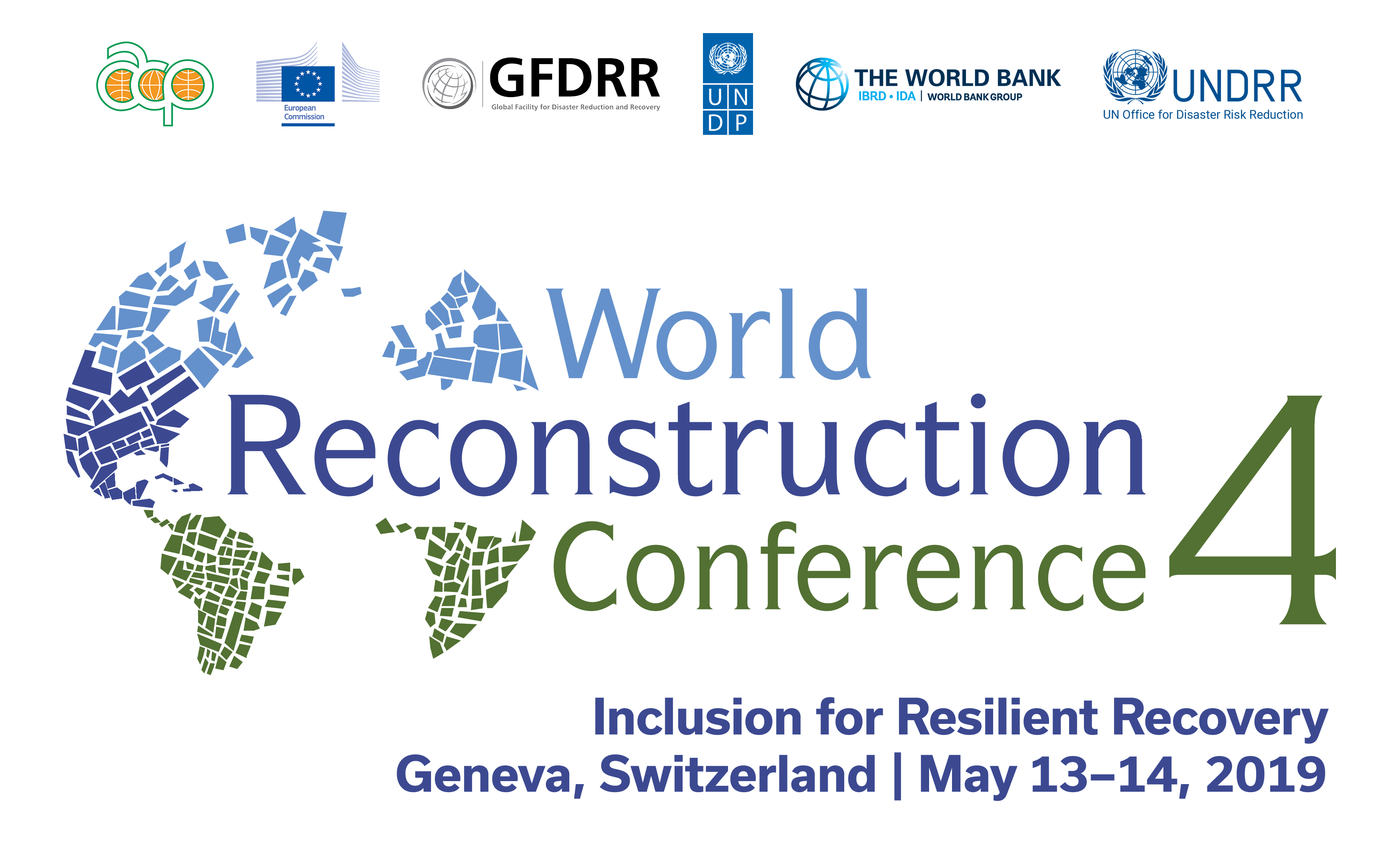Monday, May 13 and Tuesday, May 14
10:00a - 6:00p
In front of Room 18
The PDNA and DRF online course is a joint initiative of the United Nations Sustainable Development Group (UNSDG), the European Union (EU) and the World Bank (WB) developed under the umbrella of the 2008 Joint Declaration on Post-Crisis Assessments and Recovery Planning which commits the three institutions to collaborate and to use common assessment and recovery planning approaches in post-crisis settings.
Since the signing of the agreement, the three partners have jointly prepared procedural and technical guidelines on PDNA and the DRF. The PDNA and DRF represent a harmonized approach which enables the governments to lead efforts to assess damages and losses and estimate the needs for recovery after a disaster. The assessment and recovery framework help to implement recovery strategies to rebuild the physical, social and human capital of disaster affected communities.
Over the past decade, the three partners have invested significantly in developing capacities on PDNA and DRF methodologies. Trainings have been organized for Government officials, staff members of the three organizations, recovery practitioners’, academics and regional inter-governmental organizations. The PDNA online training was developed in response to the high demand for training. It represents an additional effort towards that common goal of establishing capacities within countries to undertake assessments and plan recovery.
The PDNA online training is a self-paced exercise comprising of five Modules listed below:
- PDNA overview: Provides a short but comprehensive summary of the PDNA protocols and methodology
- Pre-disaster context, post-disaster effects and cost of the effects: Discusses the methodology in greater detail including data collection of pre and post disaster situation and estimate damage and loss in each sector of analysis.
- Impact of a disaster: presents the process for conducting a macroeconomic impact and human impact of the disaster.
- Recovery needs and recovery strategy: Describes the steps to develop recovery needs across sectors and its prioritization.
- Application to selected sectors: The PDNA methodology is applied to 6 selected sectors and cross-cutting issues: Social Sectors (Health, Housing), Infrastructure (Transport, WASH) Productive (Agriculture) and Cross-Cutting (Employment and livelihoods). Participants will be able to complete the analysis of one of the sectors during the course.
During the Fourth World Reconstruction Conference, delegates will be able to take Module 1: PDNA Overview of the online training and print their certificate upon completion.
Six computers will be available from Monday 13 May to Tuesday 14 May 10am-6pm, at the CICG in front of Room 18.

